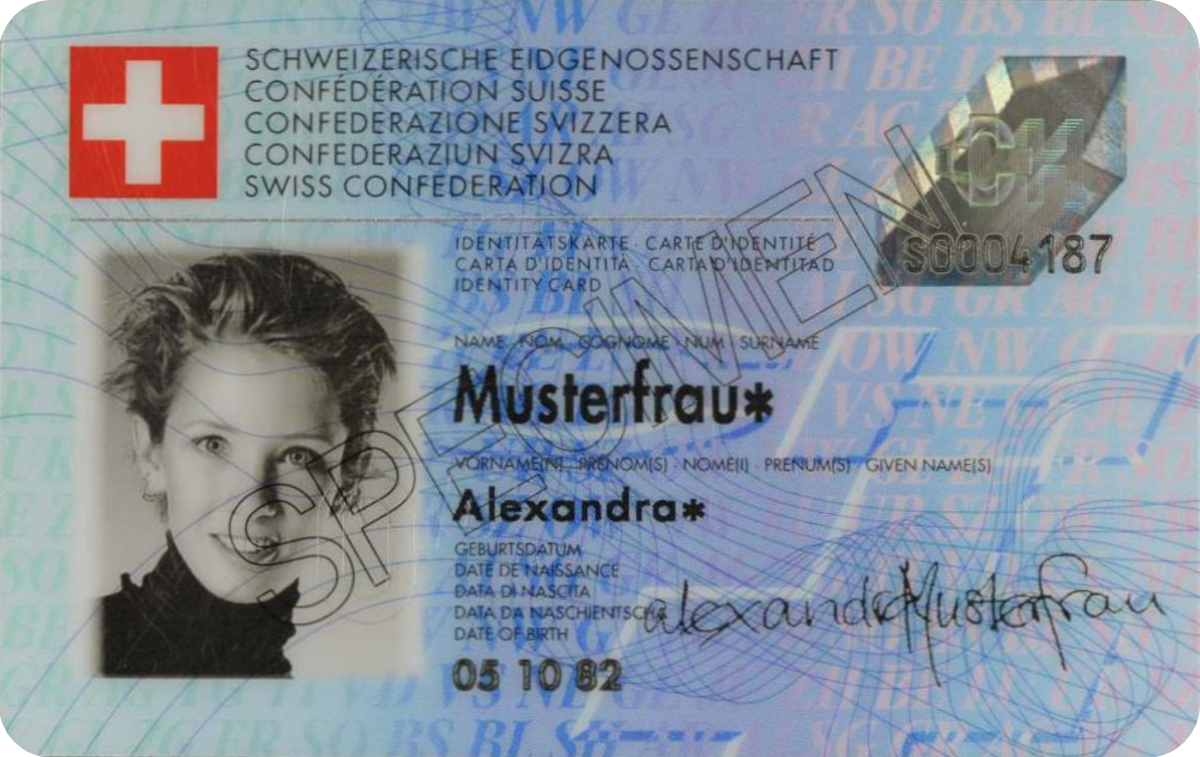
Change in identity card: Obligatory use of the eID function
On May 18, 2017, the Bundestag passed the law on the promotion of electronic identity verification (eID) against the opposition’s vote.
The following can be seen from this:
“the identity card introduced in 2010 and the electronic residence permit (eAT) have a function for the electronic proof of identity (so-called eID function). Identity cards and electronic residence permits citizens and foreign nationals entitled to reside to identify themselves to authorities and companies via the Internet. The present draft law aims to promote the use of the eID function. […]”
The use and dissemination of the eID function have so far fallen short of expectations. Two-thirds of the approximately 51 million ID cards/eATs issued have the eID function deactivated. Companies and public authorities are also slow to implement the eID function in their business processes. One reason for this is that the previous procedure for applying for the use of the eID function is costly. In addition, the incentive to implement the function is low as long as the eID function is deactivated for many badges.
The present draft law, therefore, pursues the goal of promoting the further dissemination of the eID function of ID cards and electronic residence permits in accordance with the coalition agreement and the government program “Digital Administration 2020”. This is to be achieved by the targeted removal of legal hurdles, which hitherto have hindered the widespread use of electronic identity verification. In addition, the fields of application for identity cards and eAT will be expanded.
Other objectives of the amendment are:
“adapting the law on identity cards to the requirements of the Union’s law – eIDAS Regulation (Regulation (EU) No. 910/2014 of the European Parliament and Council) of 23 July 2014 on electronic identification and trust services for electronic transactions in the European Parliament and the Council Internal Market and repealing Directive 1999/93/EC),[…].”



